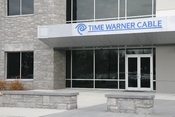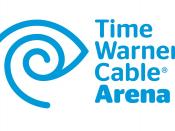Anthony McKee
Computer Applications
Unit 6 Essay
The Implications of Digital Convergence
Digital convergence is defined as the concept by which all forms of media become digital, in order to supply users with said media via a single method. While the idea sounds complex, it is, in fact, fairly simple and comprises the core of the concept known as "new media". In this essay I will attempt to break down what exactly is meant by the term "digital convergence".
Roughly twenty years ago, before personal computers became commonplace within the American household, obtaining many different types of media on any specific topic required lots of time, effort, and possibly money or bulky paperwork. Popular texts were confined to books, encyclopedias, dictionaries, and written or typewritten documents. Television and radio were no different than they are today: broadcast along radio waves and amplified via signal towers. Beyond local channels, television options were through a cable company or a satellite provider.
The only options a family had if they wished to watch feature-length films were to travel to the theater when the film debuted, or to wait for the home release and purchase or rent the VHS cassette from the local video store. Music was bought for home use on audio cassette, as compact discs had yet to become the popular and cost-efficient norm.
Now, however, things are much different. Through digital convergence, a family or individual can obtain all of the media types listed above - or at least the majority - through a single provider and a transmission type. All types of media have, in some manner or another, become digital. A popular example is the Time Warner Cable Company. Time Warner bought out one of the most popular Internet Service Providers of all time: America Online. Through this merger,


